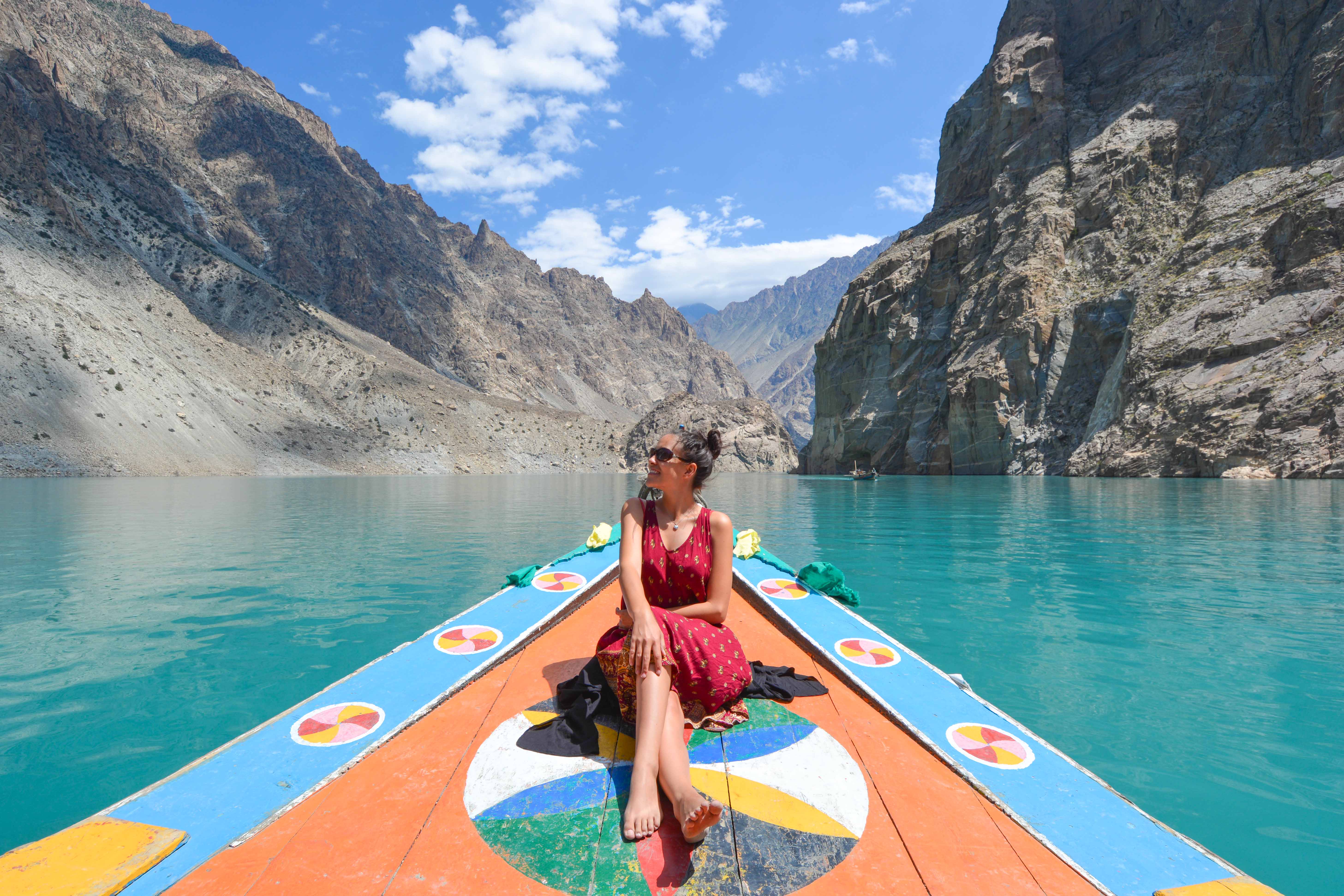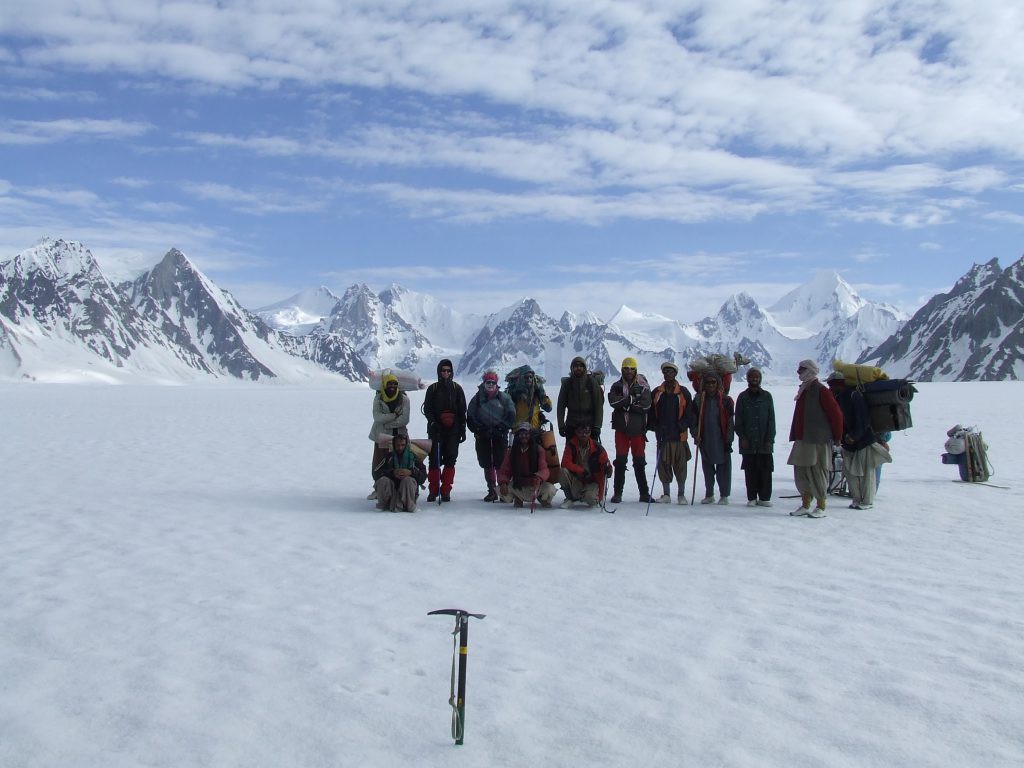Pakistan is ranked as one of the most beautiful tourist destinations in the world by leading travel websites and various media outlets. The country has great potential to come up with more promising tourism opportunities. Tourism industry not only contributes a hefty sum to the flailing economy of Pakistan but portrays a soft image of the country around the globe.
According to the Travel and Tourism Competitiveness Report 2017 released by the World Economic Forum, the direct contribution of travel and tourism to Pakistan’s GDP in 2015 was US$328.3 million, constituting 2.8% of the total GDP. According to the World Travel and Tourism Council, the direct contribution of travel and tourism to Pakistan’s GDP in 2016 was US$7.6 billion (PKR 793.0 billion), constituting 2.7% of the total GDP. By 2025, the government predicts tourism will contribute ₨1 trillion (US$7.1 billion) to the economy of Pakistan
One of the infamous travel destinations and most traveled regions by domestic as well as foreign tourists in Gilgit Baltistan.

It is situated in the north of Pakistan. It is home to mighty glaciers, towering snow-covered peaks in 3 biggest mountain ranges, few of highest plateaus in the world, habitat to rarest of flora and fauna with societies of diverse cultural backgrounds and rich traditions, in a nutshell, it has been a promise land for the tourism industry in Pakistan.
The recent pandemic, one of the worst in the course of history shatters all the assumptions and futurist plans of tourism not only in Pakistan but around the Globe. The country being one of the developing nations in South Asia was already struggling to find its step to sustainable economic development is being caught up in its tracks. The current pandemic COVID-19 is nothing like the country has ever seen. As per standard protocols of WHO it requires countries to follow lock-down to tackle the pandemic, every aspect of the society stands still in the prospect.
The naive PTI government is asking for more loans and donations from developed countries and global institutions like the IMF and World bank due to deteriorating economic conditions. Import, exports, various industries, local businesses and vendors are facing huge challenges, there is a huge demand for essential consumer products and other necessities of daily life.
With lockdown in progress throughout the country, travel bans and various industries shut alongside the private sector at the brink of recession, it presents an alarming situation for residents of GB, since most of the people there are dependent on tourism.
No tourism necessarily means no bread and butter for the masses of highlands. Businesses in the GB, have come to a grinding halt as the world scrambles to contain COVID-19. Much of the population makes a living by providing services to hotels, and tourists in the region.
In the wake of an outbreak of coronavirus, which has claimed more than 100,000 lives, GB has also lost its hopes of making the most of the upcoming tourist season in the mountainous region.
A lush valley once favoured by honeymooners and climbers the “Lost Horizon Shangri La”, Hunza valley now resembles a ghost town, the situation is similar elsewhere in Ghizer, Astore and Skardu region. Hotel owners, tour operators, transport services, mountain guides and porters are prone to upcoming weeks of severe economic crisis.

The current COVID-19 has also posed an impact on the local communities in Gilgit Baltistan who are heavily dependent on the tourism industry. A huge number of mountain guides and porters, who are totally dependent on the tourism industry remain helpless. They are very well aware of no tourist activities in the coming months as Pakistan fights the novel corona-virus.
The Federal Government of Pakistan announced to assist the companies who are facing a crisis due to the pandemic, yet the Government of Gilgit Baltistan hasn’t yet announced no such plan to assist local businesses and tourism industry. It hasn’t yet announced any funds to help out the travel industry employees. GB region’s economy is deteriorating and people related to the tourism industry shall be facing massive challenges the following year.
With all this being said, the Tourism Department of Gilgit-Baltistan is nowhere to be seen or at least concerned to tackle the alarming scenario in the Highlands which threatens the very survival of personnel related to the industry.
The Government of Gilgit Baltistan has not introduced any single package for the tourism industry in the region, the officials of GB government need to devise a plan to provide assistance to hundreds of tour operators, porters and mountain guides, who remain seriously concerned about their survival and that of their families in weeks to come.